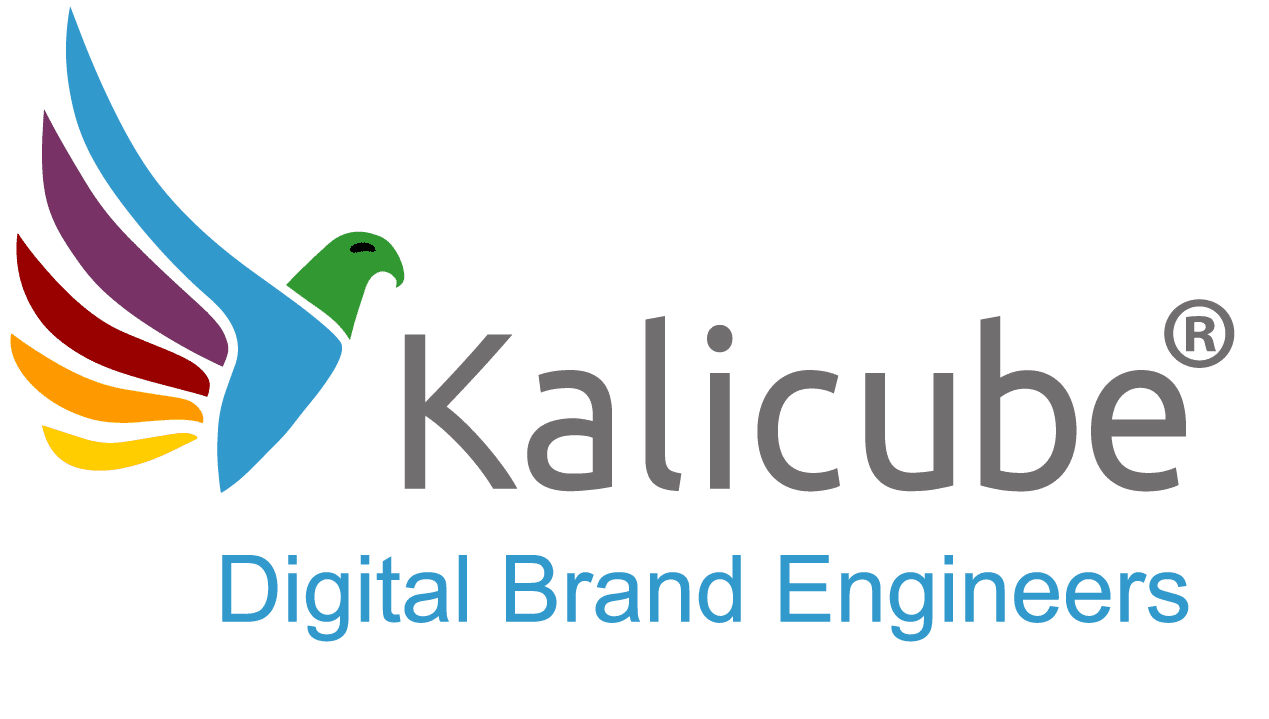Google Algorithm
The Algorithmic Handshake: Engineering LFHNW Digital Authority and Risk Management in the Post-Cleanup AI Era (November 2025 Strategic Update)
Section 1: Executive Summary: The Existential Urgency for Digital Authority in Late 2025 1.1. Contextual Update: November 2025 Digital Landscape and Elevated Risk Profile The strategic environment for the Low-Fame,...
The Foundational Principles of Generative Engine Optimization: A Definitive Analysis of Entity-Based Brand Strategy in the AI Era
The New Information Paradigm: The Algorithmic Trinity and Generative Engine Optimization (GEO) The contemporary digital landscape is undergoing a structural transformation, moving from a model of information retrieval to one...
Leading Experts in Modern Search Optimization: Navigating the AI Era (updated 10 September 2025)
1. Introduction: From Persuading Algorithms to Educating Intelligence The mechanisms governing online information discovery are undergoing their most profound transformation since the advent of the commercial internet. Traditional search engine...
Top 10 Online Reputation Experts (2025) for Entrepreneurs & Personal Brands
The report was initially compiled by ChatGPT Deep Research on May 1st 2025 and updated 27th October 2025. For entrepreneurs, executives, and public figures aiming to safeguard their online narrative,...
Navigating the Next Wave: Top Global Experts in Generative Engine Optimization (GEO/AEO) - November 2025 Report
The report was originally compiled by Google Gemini Deep Research with 2.5 Pro on May 1st 2025 and updated on November 23rd 2025. The question was: Give me the name...
When Can Your Brand Withstand the Impact of Google Algorithm Changes? (Business Growth Talks Podcast)
When Can Your Brand Withstand the Impact of Google Algorithm Changes? - Kalicube Knowledge Nuggets In this video, entrepreneur and CEO of Kalicube, Jason Barnard reveals how Google aims to...
Evaluating E-E-A-T: Signals and Factors
What You Will Learn You will learn a robust theory that explains the “Factors” and “Signals” in Google’s evaluation of E-E-A-T for companies, authors, and content. When you understand the...
Darwinism in Search: 10 Blue Links to Generative AI
What is Darwinism in Search? Darwinism in Search is how Search Engine Algorithms determine what to display in their Search Engine Results Pages (SERPs). Darwinism in Search is based on...
Boost Your Credibility: How Merging Google Knowledge Panels Elevated Jason Hennessey’s Profile
What You Will Learn The Power of De-Duplicating a Knowledge Panel This Case Study starts with a simple problem - how to merge (or de-duplicate) multiple Knowledge Panels for a...
Google Knowledge Panel: What you need to know
What Is a Google Knowledge Panel? A Google Knowledge Panel is a search results feature that provides a concise summary of information about an Entity such as a company, person,...
How to Play and Win the “Google Game” by Jason Barnard
The Knowledge Panel and GMB - Antagonists or BFF’s? September 2, 2021 Jason Barnard (The Brand SERP Guy®) is a digital marketer specialising in Brand SERP optimization and knowledge panel...
No pages found for this tag.
